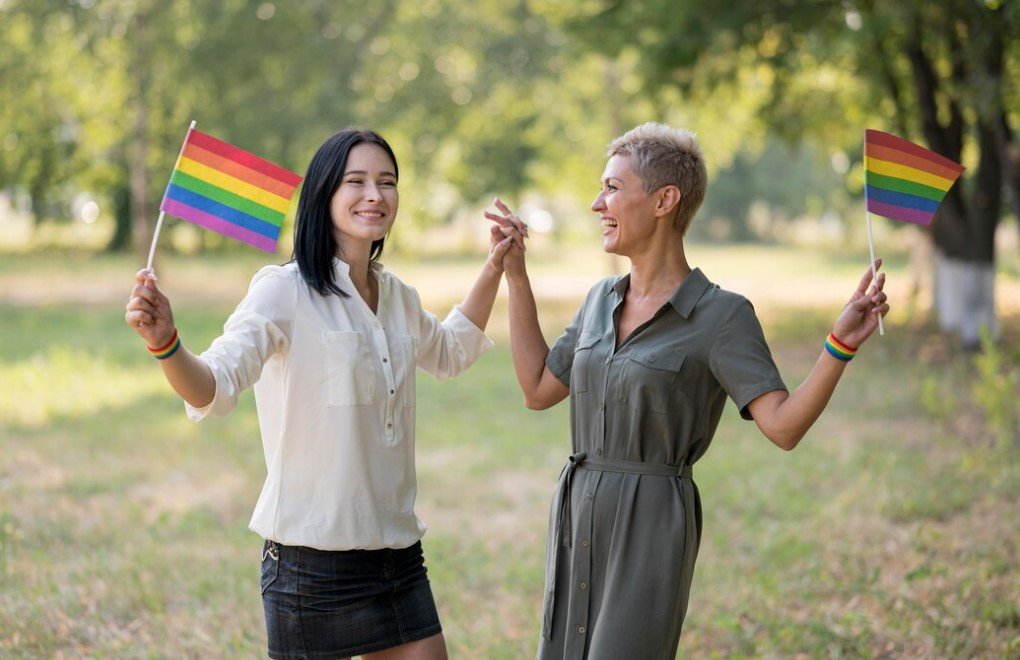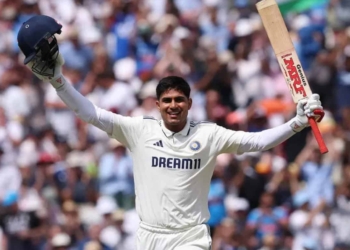The Supreme Court of India last week rejected a plea to legalise same-sex marriage, saying it was not within its jurisdiction to do so. The court also denied adoption rights to unmarried gay couples, in what the LGBTQ community called a “heartbreaking setback”. The court said the issue of same-sex marriage should be addressed by the Indian Parliament, which is dominated by the ruling Bharatiya Janata Party (BJP) that opposes marriage equality.
A long struggle for recognition
The LGBTQ community in India has been fighting for their rights for decades, facing social stigma, legal hurdles and violence. Homosexuality was criminalised in India under Section 377 of the Indian Penal Code, a colonial-era law that was struck down by the Supreme Court in 2018. However, the court did not grant any other rights to the LGBTQ community, such as marriage, inheritance or adoption. Many LGBTQ people in India face pressure from their families to marry someone of the opposite sex and have children.

A plea for protection from violence
One of the petitioners before the Supreme Court was Rituparnah Borah, a lesbian who runs Nazariya, a queer feminist resource group. She told Al Jazeera that LGBTQ rights “do not start or end with marriage”. She said the petition was also about family violence inflicted upon queer people, and the need for an anti-discrimination and protection law. “Marriage is not the end goal. Protection from violence is,” she said.
A lack of political will
The Modi government argued before the court that same-sex marriage was an “urban elitist” concept that did not fit with the Indian family unit. The government also said that granting marriage rights to LGBTQ people would cause “social unrest” and harm public morality. The court’s verdict was welcomed by right-wing Hindu groups, such as the Rashtriya Swayamsevak Sangh (RSS) and the Vishwa Hindu Parishad (VHP), which are ideologically aligned with the BJP.
A hope for change
Despite the court’s ruling, some LGBTQ activists and couples said they would not give up on their fight for equality and dignity. Anish Gawande, who runs Pink List India, a platform that tracks politicians’ initiatives towards the LGBTQ community, said: “Our fight has just gotten harder. There is certainly a lack of clarity on what the next steps are. Which doors do we knock on now? The court has not done enough. We were expecting bread. They have not even given us breadcrumbs.” A day after the judgement, lawyer Utkarsh Saxena and student Ananya Kotia went to the Supreme Court complex in New Delhi and exchanged rings. Kotia posted a photo of their engagement on social media, saying: “We’ll return to fight another day.”



















